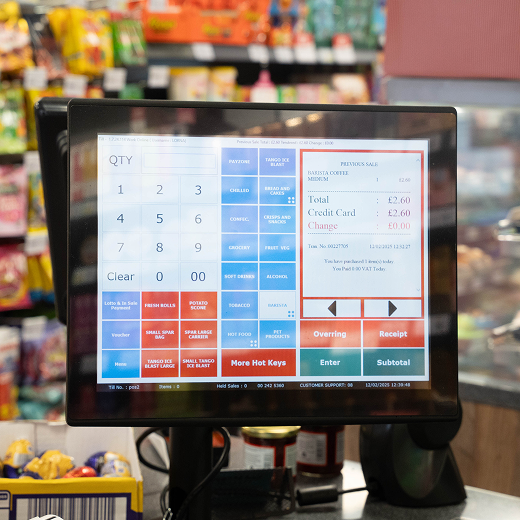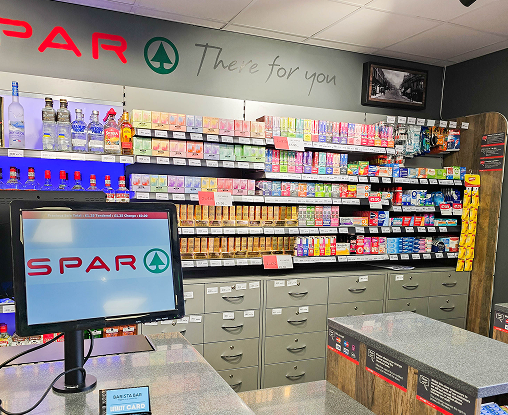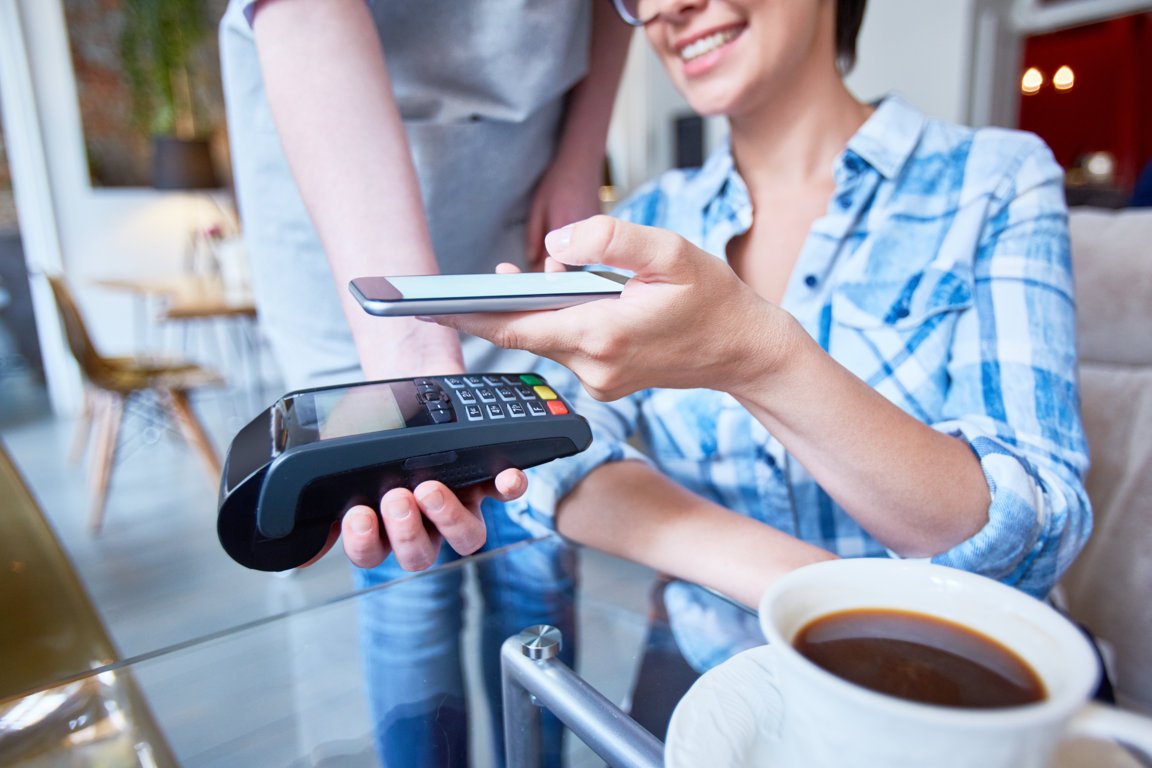Running a retail business is like managing a high-wire act—there’s a lot to juggle, from inventory to customer transactions. That’s where a Retail Point of Sale system (POS) steps in, acting as the central hub for all your sales and management needs.
Let’s break down what a retail POS is, how it works, and why it’s essential for your business.
What is a Retail POS System?

A Retail POS system is a command center of your retail operations. It’s where all transactions happen and handles everything from processing payments to keeping track of inventory and customer data. Gone are the days of clunky cash registers; modern Retail POS systems are a blend of hardware and software designed to streamline and enhance your business operations.
Components of a Retail POS System
1. Retail POS Hardware
POS Terminals: These are your checkout stations, often equipped with touchscreens for easy use.
Barcode Scanners: Quickly scan product barcodes to update inventory and retrieve item details.
Receipt Printers: Provide customers with receipts, adding an extra layer of transparency.
Cash Drawers: Securely store cash and work in tandem with the POS terminal for accurate cash management.
Card Readers: Process payments through cards, whether by swiping, tapping, or inserting.
2. Retail POS Software
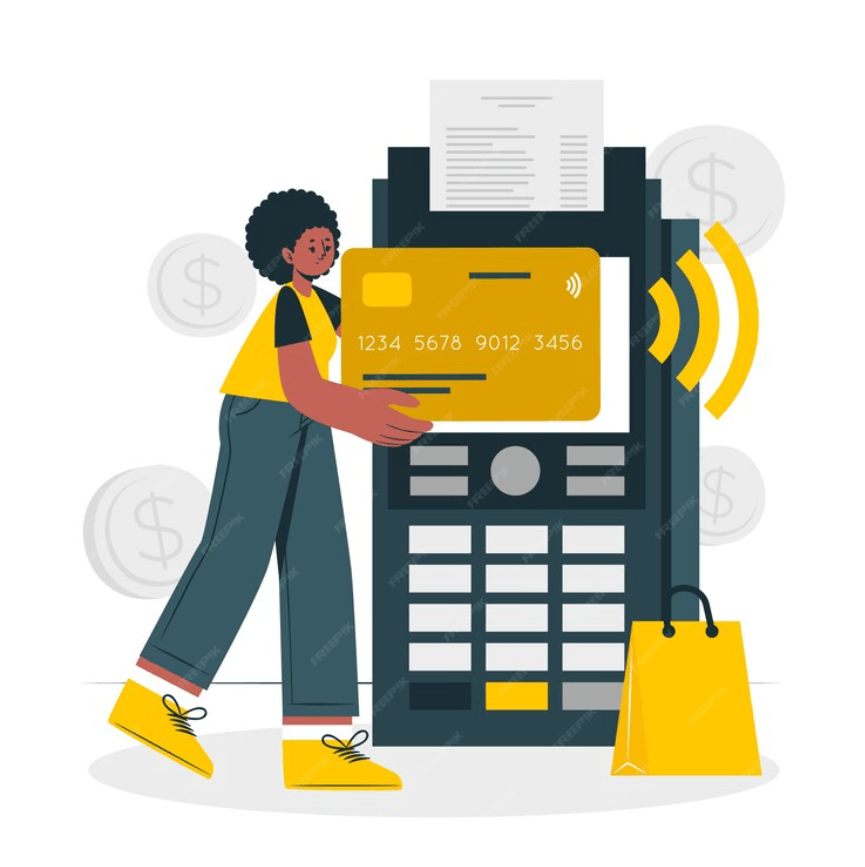
This is the brains behind the operation. The software includes:
Transaction Processing: Manages payments through various methods like credit/debit cards, digital wallets, and cash.
Inventory Management: Keeps track of stock levels in real-time, alerts you when items are running low, and helps manage orders.
Sales Reporting: Provides detailed reports on sales trends, peak hours, and employee performance.
Customer Relationship Management (CRM): Stores customer data to help with personalized marketing and loyalty programs.
How Does a Retail POS System Works?
Here’s a quick overview of how a retail POS system operates:
- Scan the Product: The POS system reads the barcode.
- Calculate the Cost: It adds up the total amount, including tax.
- Process Payment: Handles the transaction via the card reader, digital wallet, or cash.
- Update Inventory: Adjusts stock levels in real-time.
- Provide a Receipt: Prints or emails a receipt to the customer.
Benefits of Using a Retail POS System
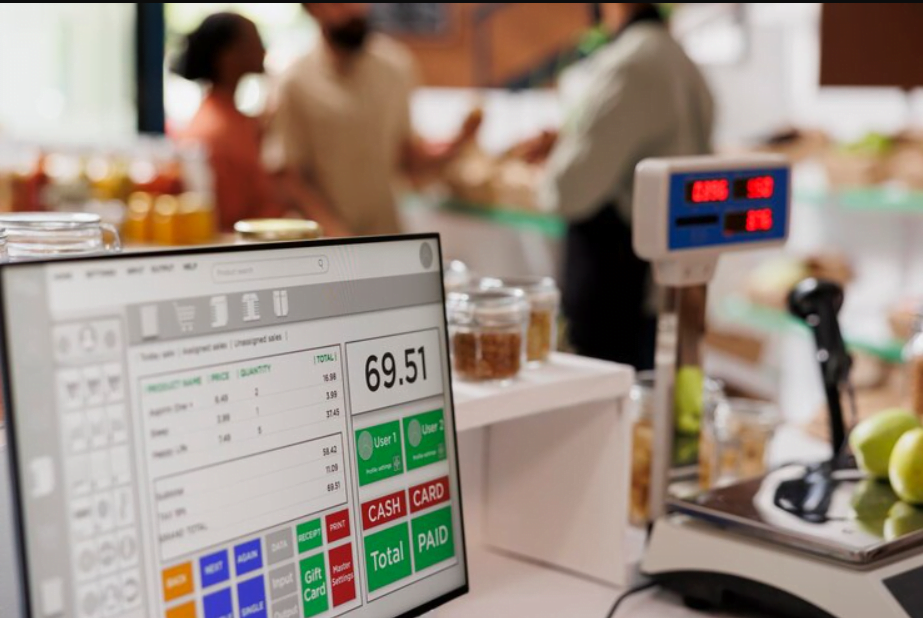
- Enhanced Efficiency: POS systems automate many tasks, reducing manual errors and speeding up the checkout process. This efficiency is particularly beneficial during peak hours, ensuring customers are served promptly.
- Improved Inventory Management: Real-time tracking of inventory helps in maintaining optimal stock levels, avoiding overstocking or stockouts. Alerts for low-stock items ensure timely reordering, which is crucial for customer satisfaction.
- Detailed Sales Reports: POS systems provide insightful data on sales trends, helping businesses make informed decisions. These reports can highlight best-selling items, slow-moving stock, and peak sales periods.
- Better Customer Service: With CRM features, POS systems store customer purchase history and preferences. This data can be used to offer personalized services and promotions, enhancing customer loyalty.
- Increased Security: Modern POS systems come with advanced security features to protect sensitive customer data and prevent fraud. Encryption and secure payment gateways ensure that transactions are safe.
Types of Retail POS Systems
- Traditional POS
Fixed systems installed at the checkout counter, suitable for businesses with a single location. They store data locally and may require manual updates.
- Cloud-Based POS
These systems store data on remote servers, accessible from anywhere with an internet connection. They are ideal for businesses with multiple locations or those looking for flexibility and real-time updates.
- Mobile POS (mPOS)
Portable systems that use tablets or smartphones. MPOS is perfect for businesses that need to process transactions on the go, such as food trucks or pop-up shops.
Note: If you are looking for the pos systems for retail stores that fit’s best. You need to check this guide before choosing the retail POS system. You should aware with the features that are must be available in the POS System.
Why Is MPOS a Perfect Choice in Retail?
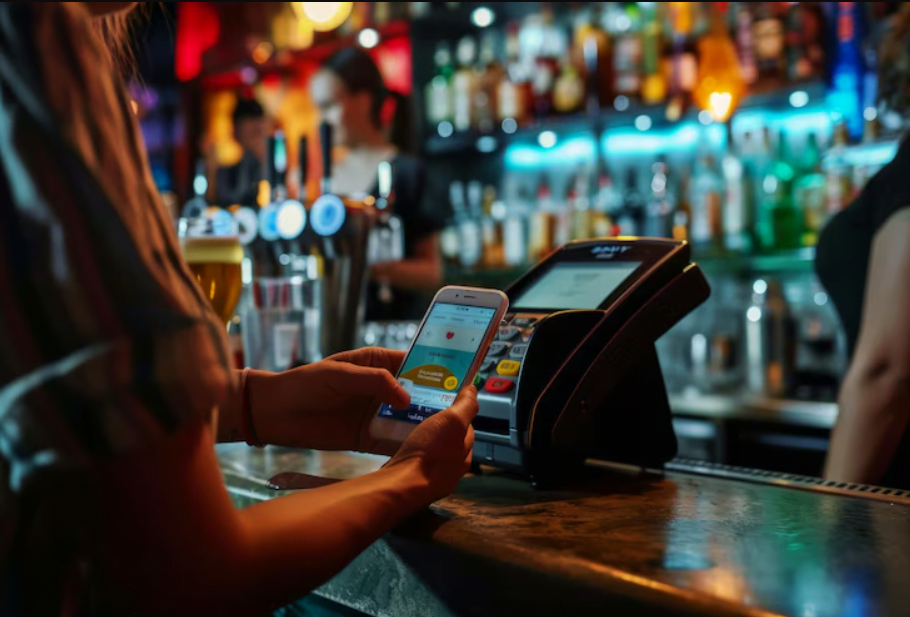
MPOS systems bring added flexibility to retail operations. They allow transactions to be processed anywhere within the store, improving customer experience by reducing wait times. For instance, during busy periods, additional mPOS devices can be used to assist with checkouts, enhancing efficiency and customer satisfaction. MPOS offers a comprehensive EPOS solution tailored to enhance your retail operations. With features like credit card integration and smart checkout design, you can ensure speedy service and serve your customers effectively. Key functionalities include:
- Smart Till Design: Streamlined for efficiency.
- Quicker Checkouts: Reduce wait times and improve customer satisfaction.
- Touchscreen Handheld Device: Manage your shop from the floor with ease.
- Inventory Management: Keep track of stock effortlessly.
- Purchase Order Creation: Simplify the ordering process.
- In-Depth Reporting and Analysis: Gain valuable insights into your business.
- Weekly Health Check Reports: Monitor store performance regularly.
- Supplier Data Links: Connect with all major wholesalers seamlessly.
Experience the powerful features of MPOS and elevate your retail store’s performance today.
Final Thoughts
A solid POS system isn’t just about processing transactions; it’s a powerful tool for streamlining operations, enhancing customer service, and gaining crucial business insights. Whether you’re upgrading or implementing a new system, choose one that aligns with your business needs and future plans. For more tailored information and solutions, explore resources like MPOS’s POS guide and Korona POS’s comprehensive overview.
Harnessing the power of a POS system can transform your retail business, making operations smoother and more efficient!










